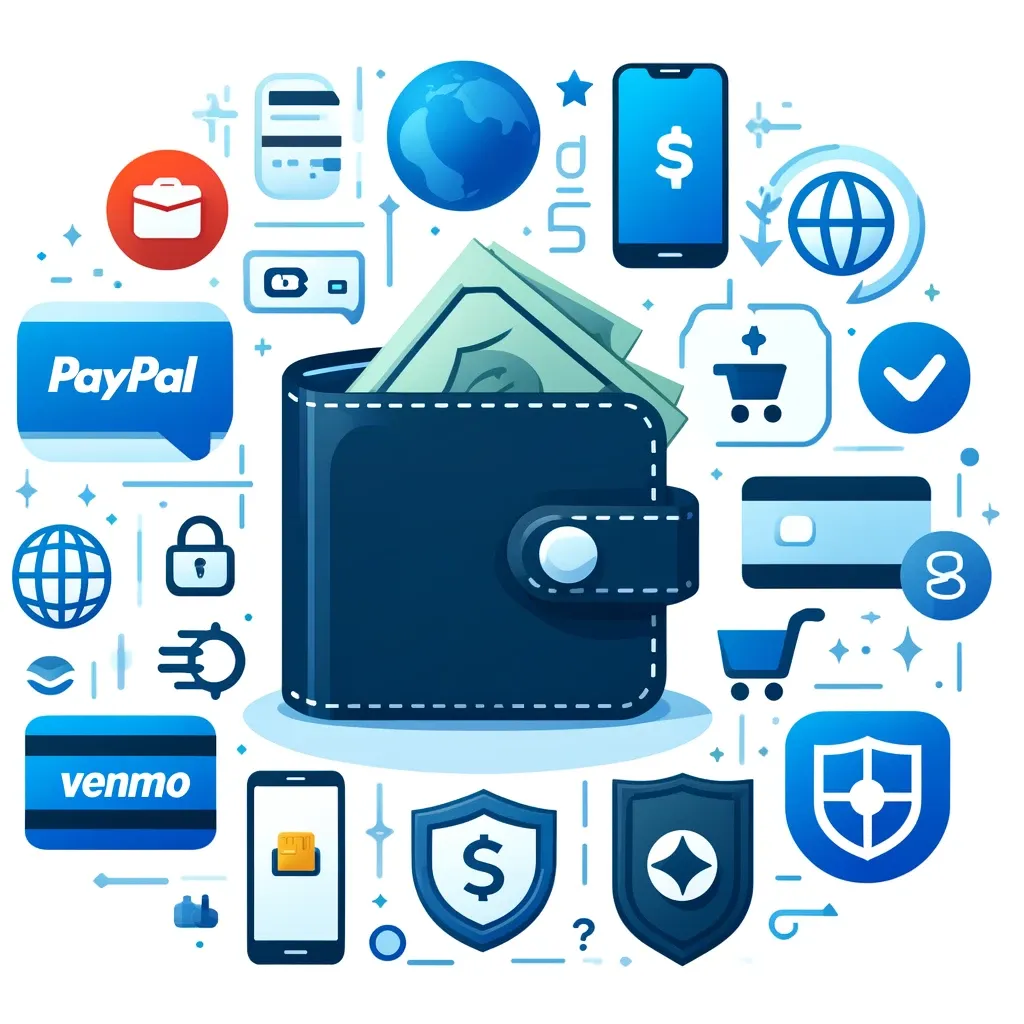The business of wallets

🌈 Abstract
The article discusses the evolution of digital wallets, their business models, and their impact on the payments industry. It covers topics such as the history of digital wallets, their revenue streams, the introduction of debit and credit cards, and the role of tech companies in the wallet space.
🙋 Q&A
[01] The History and Evolution of Digital Wallets
1. What was the initial value proposition of PayPal? The initial value proposition of PayPal was to allow users to convey money from their own payment instruments to others on the Internet without needing to share their actual credit card number. This was intended to address concerns about credit card information being stolen by hackers on e-commerce sites.
2. How did PayPal make money from its digital wallet? PayPal made money in two ways:
- Charging a substantial fee (around 2.9% plus 30 cents) when users moved money into the PayPal ecosystem, often higher than the underlying interchange fees.
- Encouraging users to keep their money within the PayPal system, allowing PayPal to earn revenue from the transactions between PayPal users at a much lower cost.
3. How do digital wallets with embedded cash balances differ from traditional bank accounts in terms of revenue models? Digital wallets with embedded cash balances can earn revenue in ways that differ from traditional bank accounts:
- They can earn high-margin revenue by disintermediating the card ecosystems and charging lower fees for internal transactions compared to external transactions.
- They can also earn revenue from interest on customer balances, though this is not the primary revenue driver.
[02] The Expansion of Digital Wallets
1. What are some of the ways digital wallets have expanded their offerings? Digital wallets have expanded their offerings in several ways:
- Offering co-branded debit cards that allow them to earn revenue from debit card transactions.
- Facilitating payouts from the wallet ecosystem, charging fees for these transactions.
- Offering co-branded credit cards, allowing them to earn fees from both the card issuance and the transactions.
2. How have tech companies like Apple and Google entered the digital wallet space? Apple and Google have entered the digital wallet space by integrating wallet functionality directly into the phone operating system. They have negotiated with banks to include their payment methods in the wallet, often charging the banks a fee for the privilege of being included.
3. How have digital wallets started to compete with each other for user attention and transactions? Digital wallets have started to compete with each other by integrating checkout experiences, essentially turning the wallet into an ads business where different wallet providers vie for placement and payment on the checkout page. This has led to a focus on optimizing conversion rates and payment method presentation.
[03] Stripe's Approach to Digital Wallets
1. How does Stripe's Link product differ from traditional digital wallets? Stripe's Link product is designed to optimize for conversion rate and getting users to reuse payment credentials, rather than generating direct revenue for Stripe. It allows users to quickly checkout using payment methods they have previously used at other businesses using Link.
2. What is the potential benefit to businesses of using Link? The potential benefit to businesses of using Link is that it can improve checkout conversion rates by making the process faster and more seamless for users. This can increase the number of successful transactions for the business, even if it means Stripe earns lower fees per transaction.
3. How does Link enable a "distributed, techno-social renegotiation of payment costs" on behalf of the internet? Link enables a distributed renegotiation of payment costs by allowing many smaller businesses to benefit from lower interchange fees when their customers use payment methods they have previously linked. This aggregates the bargaining power of many businesses, rather than relying on a single large player like Walmart to negotiate directly with banks.